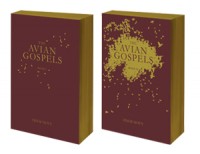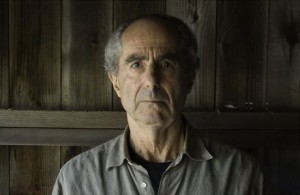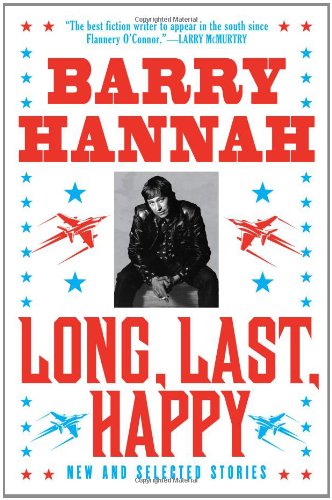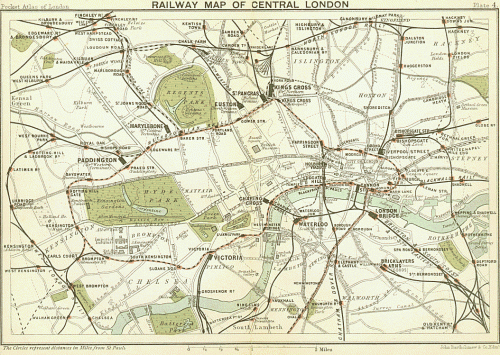[series note: This post is the second of five, in a week-long series examining first sentences or paragraphs. It’s not my intention to be prescriptive about what kinds of first sentences writers ought to be writing. Instead, I hope to simply take a look at five sets of first sentences for the purpose of thinking about how they introduce the reader to the story or novel to which they belong. I plan to post them without commentary, as one might post a photograph or painting, and open up the comment threads to your observations as readers. Some questions that interest me and might interest you include: 1. How is the first sentence (or paragraph — I’ll include some of those, too, since some first sentences require the next few sentences to even be available for this kind of analysis) interesting or not interesting on grounds of language? 2. Does the first sentence introduce any particular (or general feeling of) trouble or conflict or dissonance or tension into the story that makes the reader want to keep reading? 3. Does the first sentence do anything to immerse the reader in the donnee, the ground rules, the world of the story, those orienting questions such as who speaks, when and where are we in space and time, etc.? 4. Since the first sentence, in the wild, doesn’t exist in the contextless manner in which I’ve presented these, in what kinds of ways does examining them like this create false ideas about the uses and functions of first sentences? What kinds of things ought first sentences be doing? What kinds of things do first sentences not do often enough? (It seems likely to me that you will have competing ideas about first sentences. Please offer them here. Every idea or observation gets our good attention.) The sentence/paragraph sets we’ve been or will be observing: 1. first sentences from Mary Miller’s Big World; 2. first sentences from physically large novels; 3. the first sentences from every book written by Philip Roth; 4. first sentences from the Norton Anthology of Short Fiction; 5. first sentences from Best European Fiction 2010.]

“Our God surpasses the Gypsy god; He is more avuncular and noble, though some of us begrudgingly admit their god is more assertive than our God, whom we haven’t seen or heard from since He rose from His own corpse and promised to rescue us from peril, and He has, though in secret, and if you could witness His wondrous methods you surely would fizzle in awe, so decent and grand is He, our Savior, who speaks in a voice that is no voice, not the song of any bird, not the snap of burning logs or crunch of shoes on sand.”
– The Avian Gospels, Adam Novy
“This book is largely concerned with Hobbits, and from its pages a reader may discover much of their character and a little of their history.”
– The Fellowship of the Ring, J.R.R. Tolkien READ MORE >








